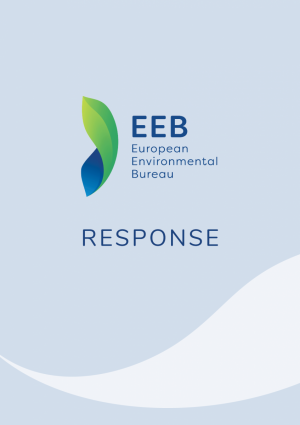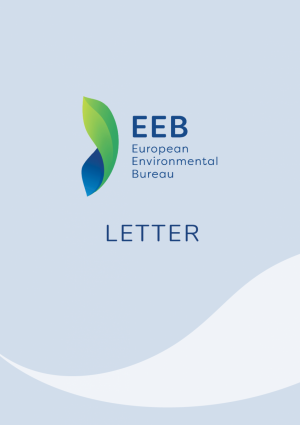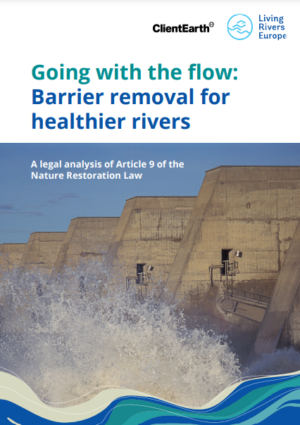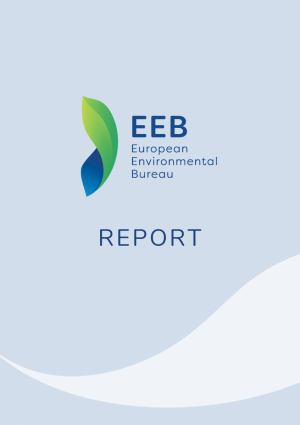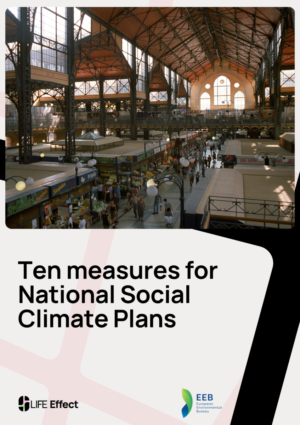
EU strategy for sustainable textiles – EEB response
In this paper, the EEB responds to the EU’s strategy for sustainable textiles roadmap.
We call on the Commission to ensure that the forthcoming Textile Strategy recognises that the pressure and impact linked to clothing, footwear and household textiles in Europe is the result of a business model based on the sale of ever-more new products made from finite virgin resources which have a short useful lifespan and are seldom reused or recycled (the linear economic model). This is particularly the case when it comes to clothing and fashion products.
The Textile Strategy should recognise that economic growth in the global textile and clothing industry is maintained through the extraction and exploitation of resources, from raw materials to labour. To protect the life-sustaining Earth functions we all rely on and to remain within a safe operating space for humanity, the textile industry’s sheer growth in material use must be addressed. And with the EU being a significant market of major retailers and brands as well as where they are domiciled or based, policymakers have a responsibility to set the textile sector on a path to a fair and sustainable transition.
To date, voluntary self-regulation has not been effective in setting corporate accountability. The Textile Strategy is an opportunity to set an overarching framework that ties together the various new and existing legal instruments affecting a textile product, from production to end-of-life. These instruments should be based on the principles of absolute resource-use reduction, achieving a toxic-free environment, absolute reduction in climate and environmental impact, and the respect of fundamental human rights. There can also be no market access for textile products where both human rights and environmental due diligence has not been carried out, and the transition to a more resource-sufficient and toxic-free industry must be a just one for its millions of workers.
The EEB will build further on these ideas further as we play an active role in the continued stakeholder engagement around the Textile Strategy initiative, starting with the forthcoming public consultation.

